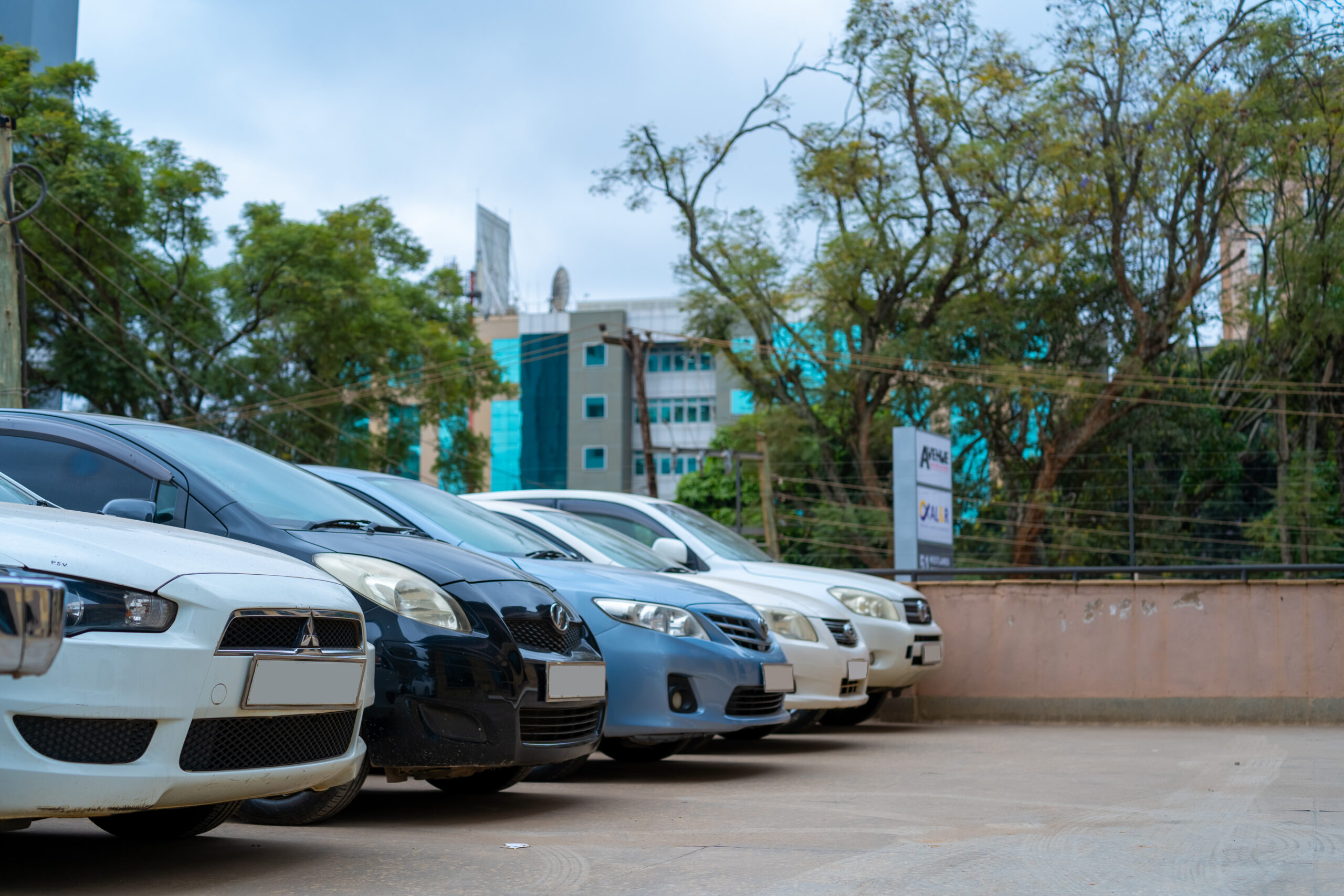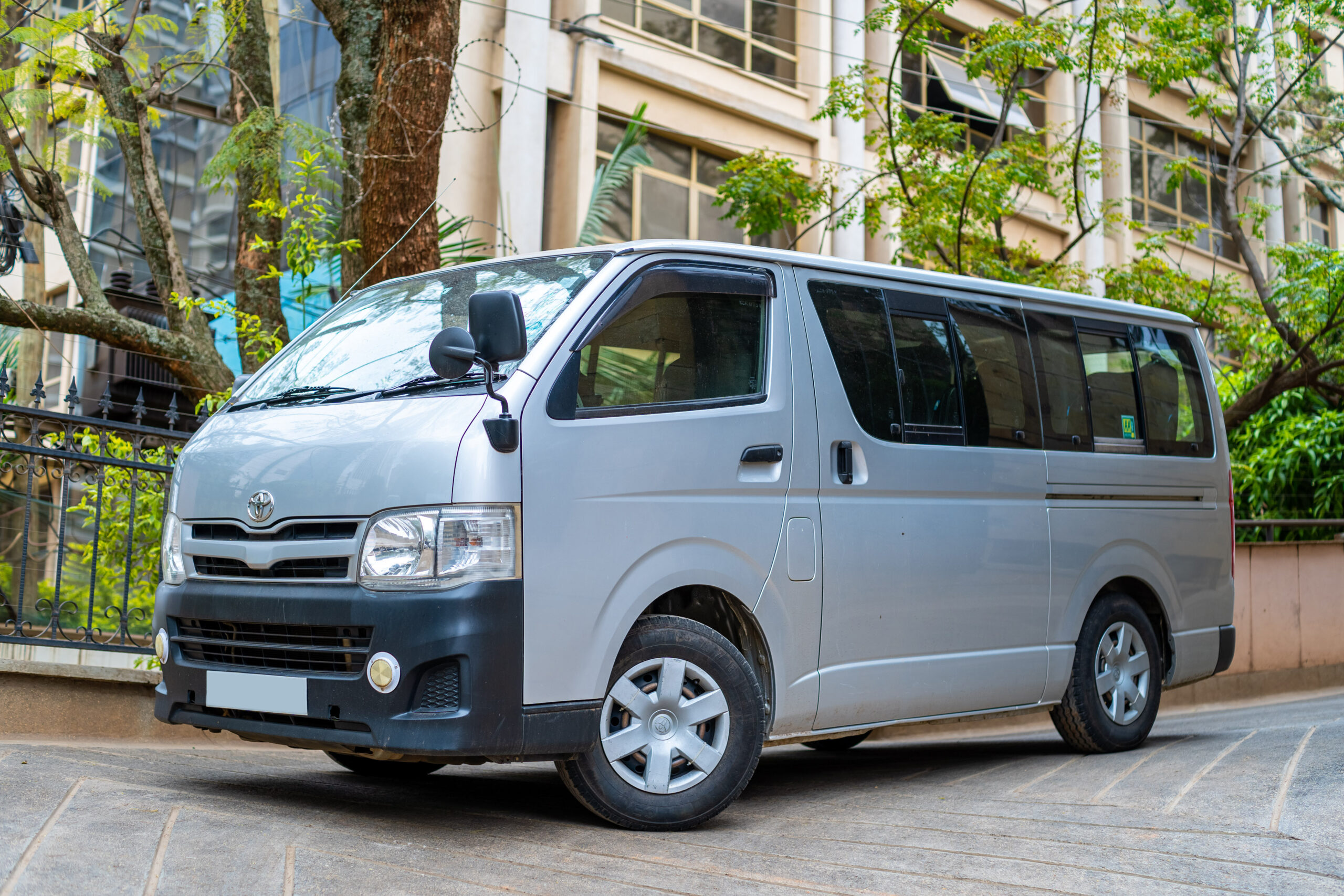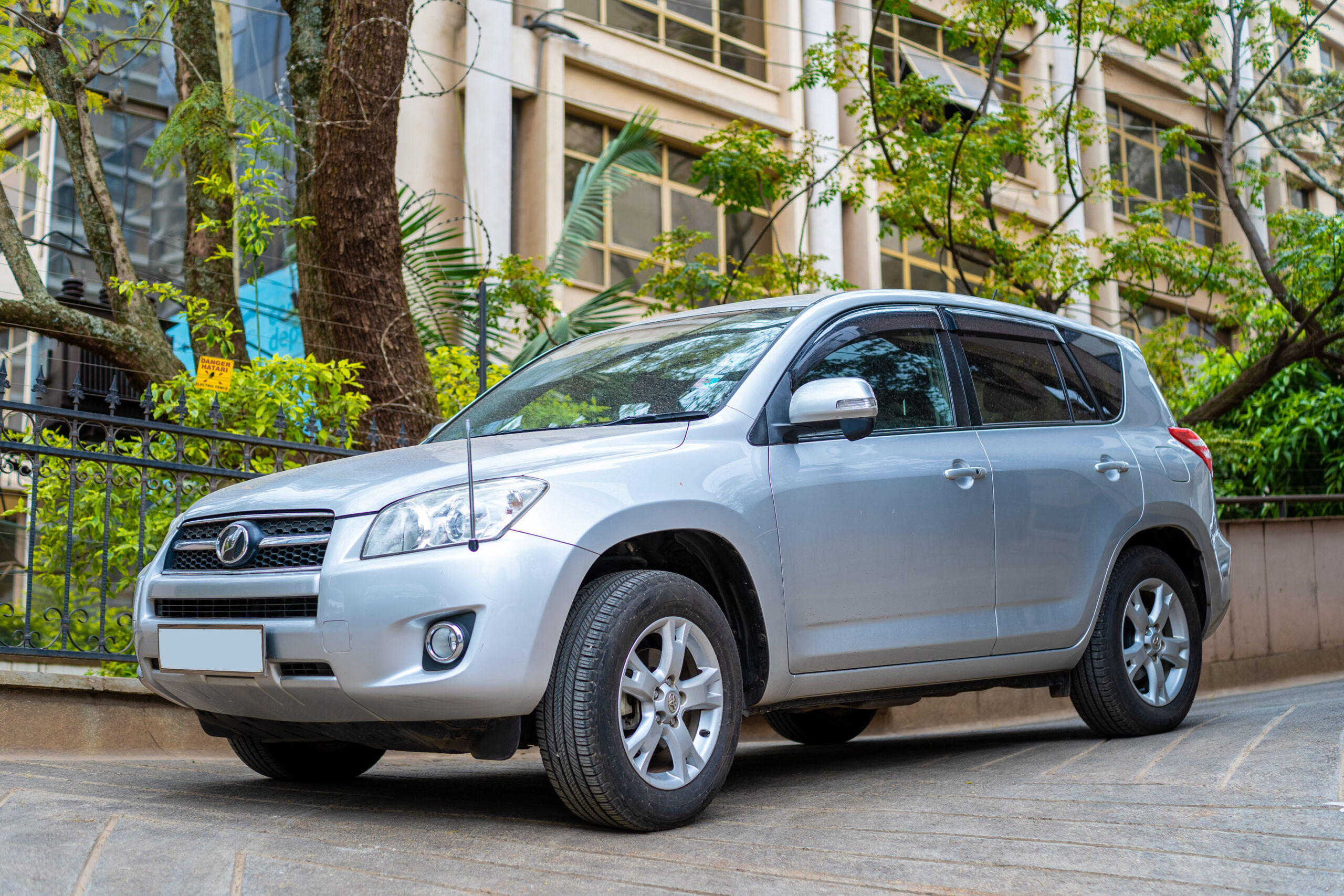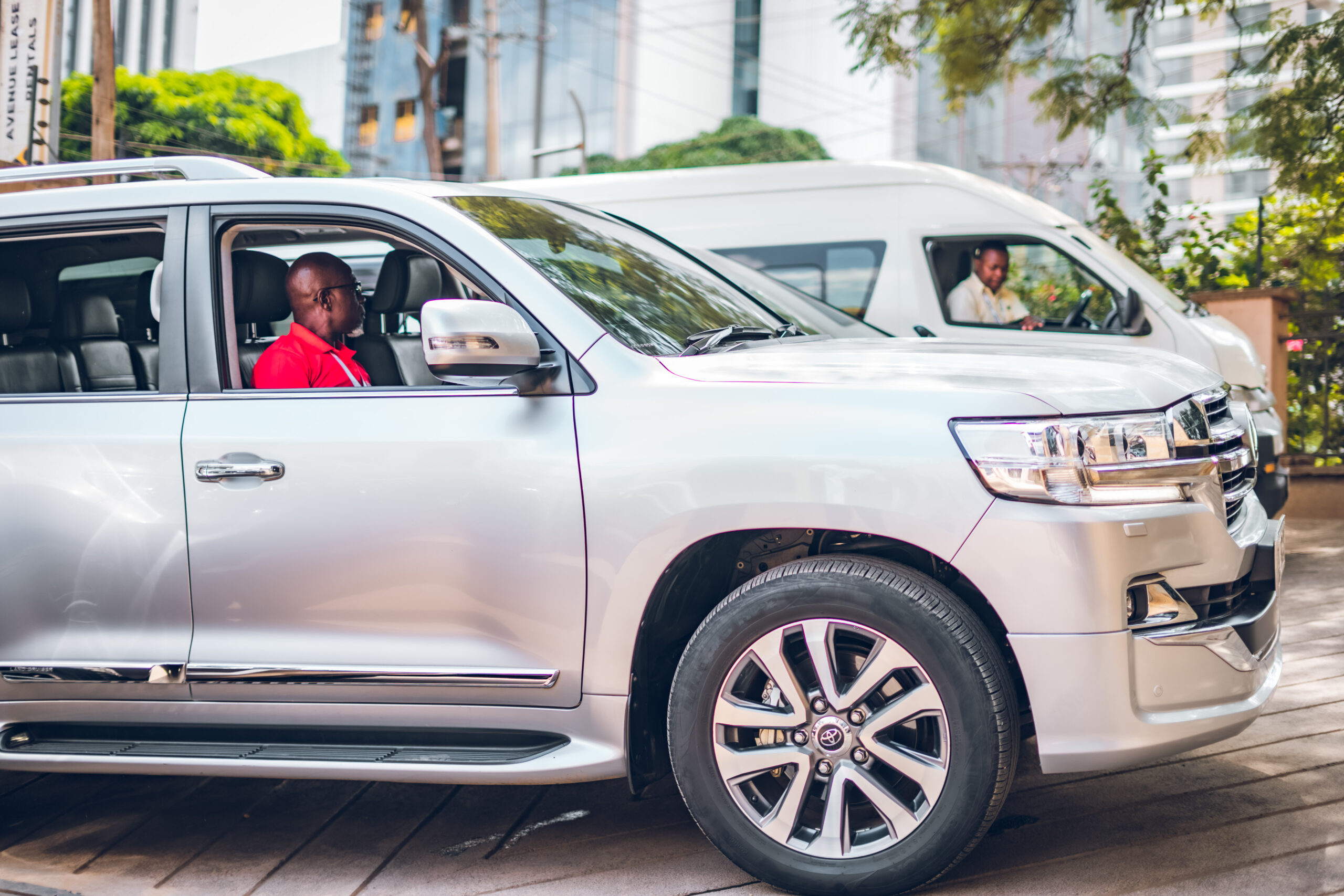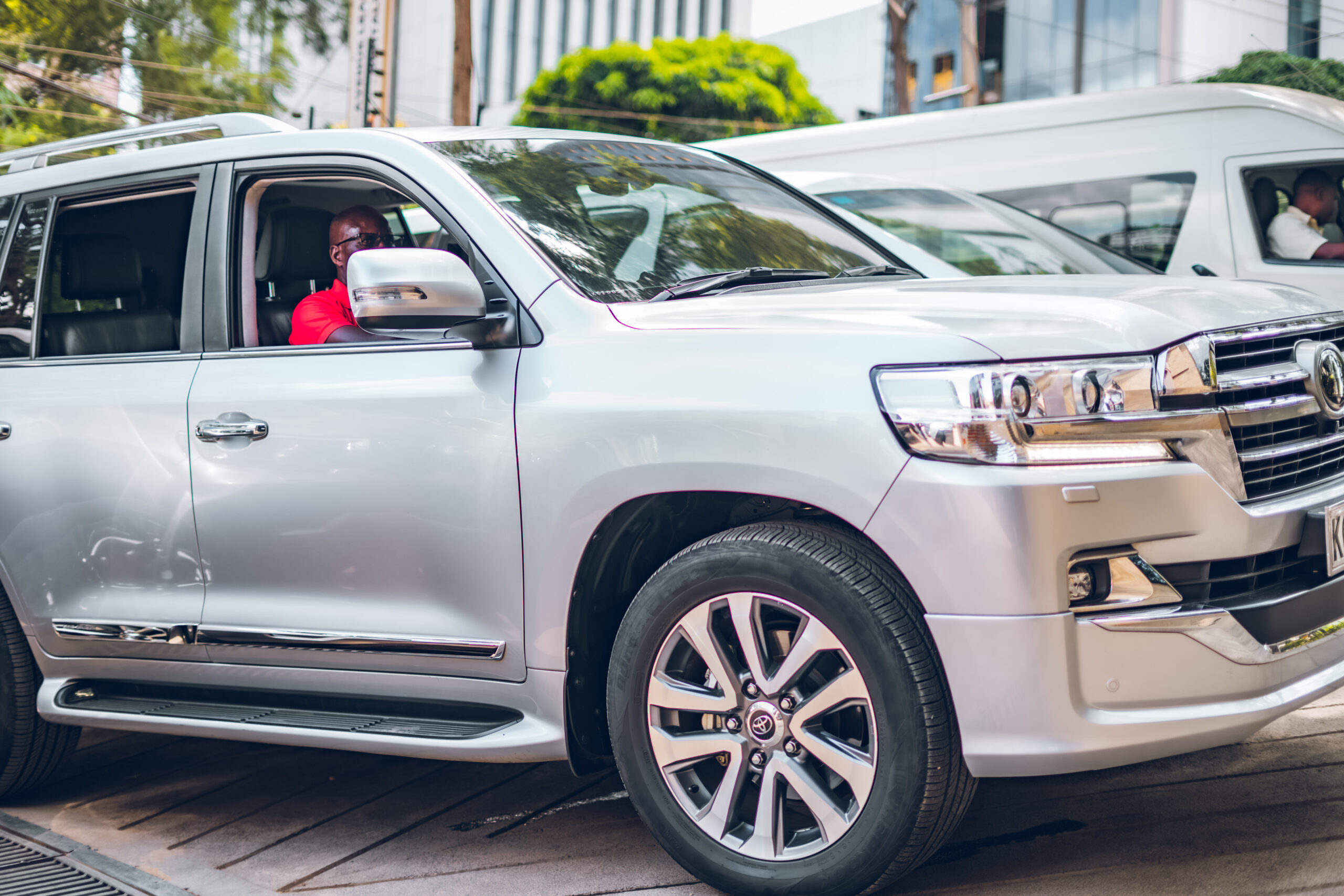Travelling for corporate fieldwork often requires the right type of vehicle to ensure efficiency and comfort. Choosing between single and double cabs can significantly affect a business’s effectiveness. Both cabs have unique features and benefits, making it essential to understand which one best suits your needs.
Understanding your business’s specific requirements is crucial in making the right choice. Whether you need a vehicle for short-term use or a longer lease, selecting the appropriate cab can enhance productivity and ensure a smooth operation. Let’s delve into the basics of single and double cabs, explore their benefits, and provide tips on choosing the right one for your corporate fieldwork.
Understanding the Basics: Single Cabs vs. Double Cabs
Single and double cabs are two popular vehicle configurations ideal for corporate fieldwork. Single cabs, known as Regular Cabs, have one row of seats and typically accommodate up to three passengers. This design maximises cargo space in the truck bed, making it perfect for transporting goods and equipment.
On the other hand, double cabs, also known as Crew Cabs, feature two rows of seats, providing ample room for up to five passengers. This configuration offers more interior space, ensuring a comfortable ride for the driver and passengers alike. Double cabs also provide additional storage within the cabin, meaning tools and small equipment can be stored securely inside.
Key differences between single and double cabs include passenger capacity and cargo space. Single cabs offer more bed space but less room for people, making them ideal for transporting materials rather than teams. Double cabs provide a balanced approach, offering passenger and cargo space, making them suitable for fieldwork requiring a mix of personnel and equipment transport.
Benefits of Single Cabs for Corporate Fieldwork
Single cabs offer several advantages for corporate fieldwork. One of the primary benefits is cost-effectiveness. Single cabs are generally less expensive to purchase or lease than double cabs. They also tend to be lighter and more fuel-efficient, which helps reduce overall operating costs.
Another significant advantage is their excellent manoeuvrability. Single cabs are often more compact and easier to handle, especially in tight spaces or off-road conditions. This makes them ideal for tasks that require frequent navigation through narrow or uneven terrain.
Scenarios where single cabs are more suitable include:
– Transporting Equipment and Goods: If your fieldwork involves carrying tools, machinery, or materials, single cabs provide ample bed space for these items.
– Short-Term Projects: Single cabs offer an economical option for projects with a limited duration due to their lower cost and fuel efficiency.
– Areas with Limited Parking: Single cabs’ compact size makes parking easier in congested urban areas or construction sites with restricted space.
Businesses can benefit from a versatile, cost-effective solution tailored to their fieldwork requirements by choosing a single cab.
Advantages of Double Cabs for Corporate Fieldwork
Double cabs bring several benefits to corporate fieldwork. One of the primary advantages is the ability to transport more people comfortably. With two rows of seats, double cabs can accommodate up to five passengers, making them ideal for team-based tasks where multiple employees must travel together.
Another notable benefit is the additional storage these vehicles offer. Double cabs often have compartments within the cabin, allowing for safe and easy storage of tools, documents, and small equipment. This is beneficial for fieldwork that requires frequent access to these items without stopping and unloading the bed area.
Situations where double cabs excel include:
– Team-Based Projects: Double cabs provide ample passenger space without compromising comfort for tasks requiring employees to travel together.
– Transporting Valuable Items: The additional cabin storage space ensures that important documents and tools are securely transported, reducing the risk of loss or damage.
– Extended Field Trips: For longer trips, the comfort and space offered by double cabs make them a better option, providing a more pleasant travel experience.
By choosing a double cab, corporates can ensure they can handle personnel and equipment effectively, making fieldwork operations smoother.
How to Choose the Right Cab for Your Business Needs
Selecting the right cab for your business involves considering several factors. Here’s a checklist to help with decision-making:
1. Determine Passenger Needs: Assess the number of people who will regularly use the vehicle. A double cab may be more suitable if you transport many employees.
2. Evaluate Cargo Requirements: Identify the types and amounts of goods you’ll transport. If your work involves large equipment or materials, a single cab might offer extra bed space.
3. Consider Travel Distance: Double cabs provide more comfort for longer trips, while a single cab may be more efficient and economical for short, frequent trips.
4. Budget Constraints: Factor in costs, including purchase or lease expenses and operating costs like fuel and maintenance. Single cabs can be more budget-friendly in many scenarios.
5. Additional Features: Consider if you need extras like driver services, GPS, or additional storage. Double cabs often come with these add-ons, making them versatile for extended use.
Evaluating these aspects ensures you choose a vehicle that meets your business needs and enhances operational efficiency.
Conclusion
Choosing the right cab for corporate fieldwork greatly influences productivity and comfort. Understanding your business’s specific needs is critical to making the right choice. Whether you require a single cab for transporting materials or a double cab for carrying teams, selecting the appropriate vehicle will improve operational effectiveness.
Ready to upgrade your fieldwork transportation? Contact Avenue Car Hire & Leasing today to explore how our range of car leasing options in Kenya can meet your corporate needs. Optimise your business travel with our reliable and versatile vehicle options.

